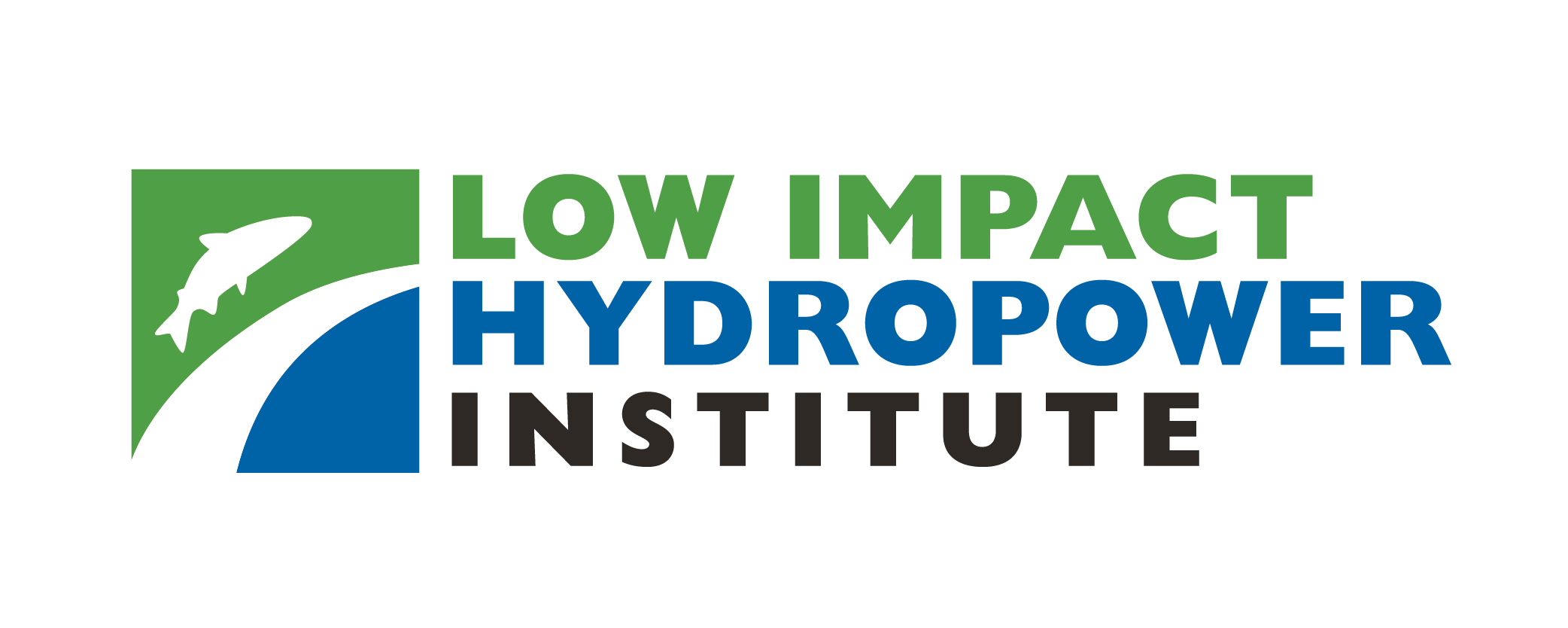Proposal to Update the LIHI Handbook
Comment period has closed
Announcement of 2nd Public Comment on Updates to the
LIHI Certification Handbook
The Low Impact Hydropower Institute (LIHI) is recommending new language in the LIHI Handbook that clarifies how Tribal rights and interests are incorporated into the LIHI Certification Program, as well as other minor updates and clarifications.
The proposed changes have been REVISED in response to comments received during the 1st comment period (see LIHI Comment Summary and Response Table below) and to additional tribal input. The additional changes are primarily in edits to definitions and terminology:
- Specifying that tribal recommendations refers to those made by tribal governments.
- Clarifying the nature and scope of tribal rights (see definition of tribal resources).
REVISED Draft LIHI Handbook Rev. 2.06 PDF | Word
(Comment period has closed)
LIHI seeks your input on the following questions in this 2nd Comment Period:
1. Do you have concerns/issues with implementation of these changes - if so, what are they?
2. If you have specific examples or scenarios related to tribal input or recommendations, please share them, excluding identifying information (project names, individual or organization names, locations, etc).
3. Is there anything that remains confusing or needs more clarification?
4. What is your viewpoint on how best to incorporate Indigenous Knowledge into LIHI certification reviews?
Here are some federal resources on this topic:
Submit comments via the button below or send an email to comments@lowimpacthydro.org with “Handbook Revision Comments” in the subject line. Please include your name, organization and contact information in case we have any follow up or clarifying questions.
Comments were due August 22, 2024, the 2nd comment period is now closed.
Any questions on the proposal can be directed to either Shannon Ames, or Maryalice Fischer.
Status
- Announcement Sent March 5, 2024
- 1st Comment Period Ended June 4, 2024
- 2nd Comment Period Announcement Sent July 22, 2024
- 2nd Comment Period Ended August 22, 2024
LIHI Comment Summary and Response Table
Comments Submitted:
- T. Olson, Pacificorp
- K. Urffer, Connecticut River Conservancy
- P. McIlvaine, LIHI Reviewer
- S. Heinz, Trout Unlimited, Maine (excerpted)
- S. Zuretti, Brookfield Renewable US
- M. Mineau, Essex Hydro
Background
The original LIHI Criteria for certification were published in 2000. In 2016, LIHI published a comprehensive update to the Certification Handbook (2nd Edition), which included substantial changes to the standards used to meet the LIHI Criteria. The update also changed “recommended for dam removal” from a criterion to an eligibility requirement and made upstream and downstream fish passage separate criteria. In addition, the update introduced the concept of zones of effect, requiring a comprehensive review of the criteria for each different area of the facility. The 2nd Edition Handbook was updated several times, most recently in 2022, which included a longer base certification term of 10 years and a more comprehensive annual compliance review, as well as mechanisms to trigger a mid-term recertification review.
Public input and comment have been a tenant of the LIHI Certification process since its inception. When an application is received in full, it is posted on the LIHI website, and a notification is sent to the LIHI mailing list for the state in which the project is located. Direct emails to a list of agencies and interested parties provided by the applicant are also sent. The public, agencies, and community members are all encouraged to provide comments on the application. Comments are shared with the applicant and included in the LIHI Reviewer's Report. Tribes have been able to comment in two capacities, as an agency with jurisdictional authority, and as an interested party or community member.
The proposed revisions to the Handbook include language to more comprehensively and clearly state how Tribal input is requested and Tribal rights and interests are incorporated in the LIHI application reviews.
Proposal
In addition to minor editorial changes, the key changes in this revision are:
- Additional defined terms include those related to Indigenous Knowledge, Tribal Nations, and various tribal interests and resources (Appendix A)
- Modified and expanded the use and treatment of “science-based” and “Indigenous Knowledge based” information and “resource agency and tribal government recommendations” (Appendix A)
- Expanded and clarified the scope of tribal considerations, interests, and engagement (entire Handbook)
- Simplified criterion names (entire Handbook)
- Clarified that a facility must satisfy both a numbered standard and the criterion goal in each Zone of Effect (Section 3.1, Section 3.2, Appendix B).
- Expanded measures eligible for PLUS consideration (Standard E-4) for the Shorelines and Watershed criteria (Section 3.2.5, Appendix B Table 7)
- Clarified that impoundments not owned or controlled by the applicant must still be included in the application as a Zone of Effect (Section 4.1.1, Appendix A, Appendix B)
- Clarified LIHI fees for special circumstances (Section 4.5, Section 6.4)
1st Comment Period Input Questions:
1. Are the changes sufficient to ensure that Tribal rights and interests are fully considered?
2. Are there any terms or new definitions in Appendix A that you consider too vague, confusing, or misleading?
3. Are there any areas that are unclear or warrant additional clarification?
4. For applicants, do you foresee any challenges to providing the information being requested, if applicable to your project(s)?
5. For applicants, would this proposal make you more or less likely to seek LIHI Certification for the first time?
6. For applicants, agencies, Tribes, and other interested parties, would the proposal impact (positively or negatively) your confidence in the LIHI Certification program?
7. Do you have any other suggestions, comments, or questions we should consider?
1st Comment Period Documents
Proposed Edits Webinar
On April 24, 2024, LIHI Certification Program Director Maryalice Fischer and Executive Director Shannon Ames presented an overview of the proposed edits made to the Low Impact Hydropower Certification Handbook. Staff reviewed the edits, answered attendee questions, and solicited feedback on the proposed changes. Please see below for a recording of the Proposed Edits Webinar.
